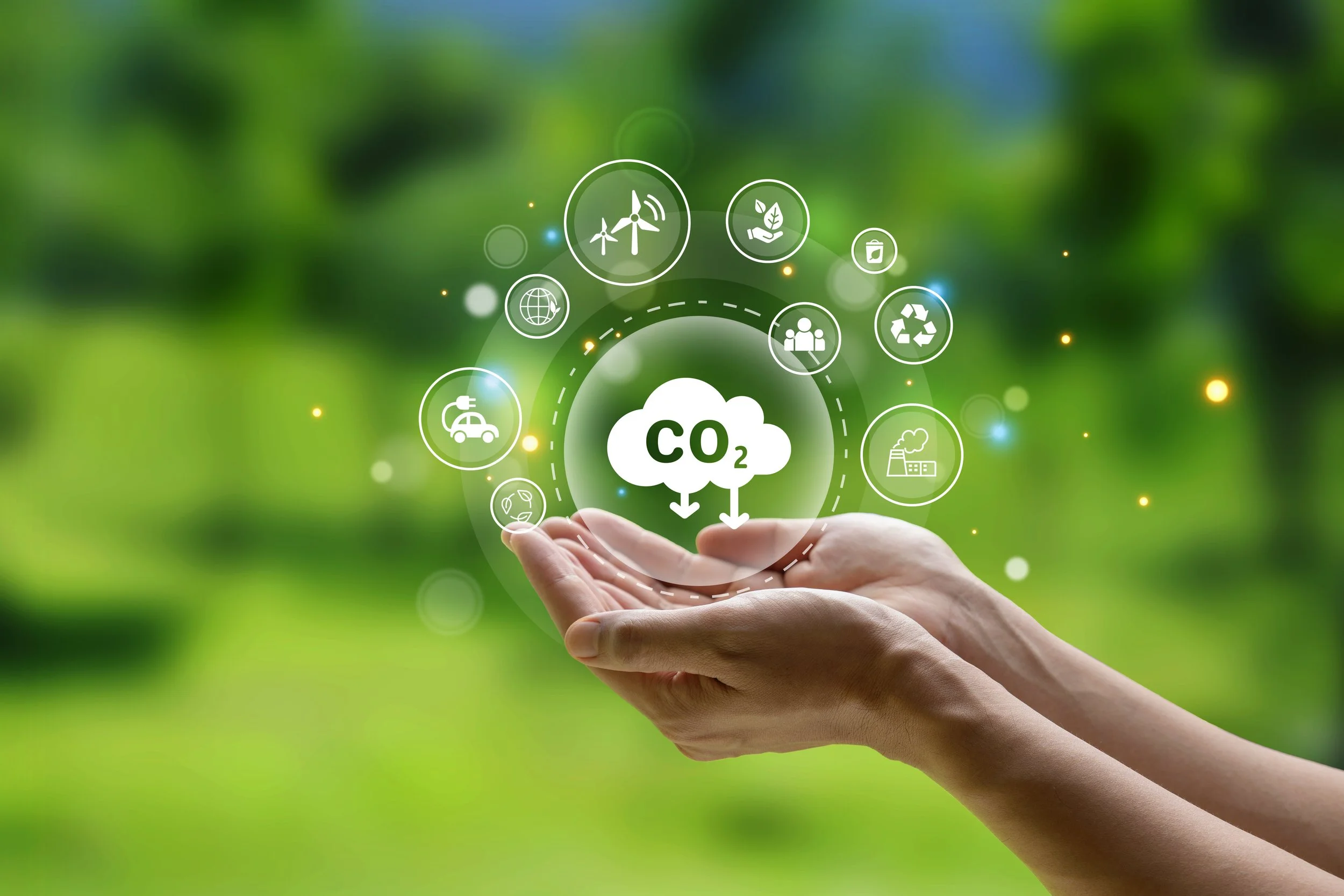High Quality Carbon Removal Standard
Carbons removal is the process of removing carbon from the atmosphere and depositing it into a reserve to slow down the process of climate change.
Importance Of Carbon Removal
Unsustainable farming practices have lead to an increase in Soil Carbons being released into the atmosphere, contributing to increased atmospheric carbon dioxide.
Following from the industrial revolution, atmospheric CO2 emissions have increased by 40% with carbon dioxide making up more than half of the greenhouse gasses in the earths atmosphere, therefore it is vital to reduce these emmissions
High Quality Carbon Removal
To become carbon neutral, Greenhouse gasses must be significantly reduced and we must engage in carbon removal to compensate for any remaining gasses.
To strive towards this goal, the EU High Quality Carbon Removal Certificate has been set out to create transparency with regard to the processing, monitoring, and reporting of these carbon removals. It aims to prevent carbon leaks, store carbon for long periods, and contribute to overall sustainability.
The Proposal highlights 5 Key Goals:
Increase ability to quantify, monitor and verify carbon removal
Encourage industries to become more carbon efficient
Combat greenwashing
Certification
Carbon removals must be correctly measured as well as contribute towards further climate benefits to become certified. This must then be verified by a third party to increase the projects overall integrity.
Key Features of Certification Include:
-
Carbon Removal should be accurately measured
-
Going beyond Standard Requirements and practies to increase Carbon Removal
-
Account for the duration the carbon will be stored
-
Carbon removal activties must improve sustainability such as Climate Change or Biodversity
Accelirate high quality carbon removals
Increase financing options
To become qualified, those who partake in Carbon Removal Processes must apply to either a authorised private of public certification scheme. If they meet the requirements, certificants of compliance will be given.
Increasing Carbon Capture
Research Into Carbon Capture
The Centre for High Carbon Capture Cropping (CHCx3) is a four-year, multi-partner project, led by NIAB's Dr Lydia Smith. The research aims to help UK farmers and growers target Net Zero and build farming resilience through diversifying their arable and forage cropping. It will enable new revenue sources through a carbon marketplace and support enhanced value chains for industries such as textiles and construction.
Carbon Farming
There are a range of farming techniques which can increase carbon capture.


